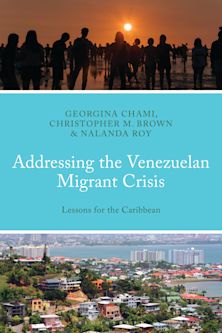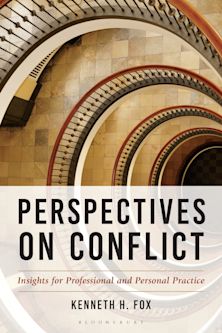This product is usually dispatched within 2-4 weeks
- Delivery and returns info
-
Flat rate of $10.00 for shipping anywhere in Australia
Description
Banning the Bomb, Smashing the Patriarchy offers a look inside the antinuclear movement and its recent successful campaign to ban the bomb. From scrappy organizing to winning the Nobel Peace Prize in 2017 and achieving a landmark UN treaty banning nuclear weapons, this book narrates the journey of the International Campaign to Abolish Nuclear Weapons (ICAN) and developments in feminist disarmament activism. Acheson explains the process through which diplomats, activists, and nuclear survivors worked together to elevate the horrific humanitarian and environmental impacts of nuclear weapons, develop new international law categorically prohibiting the bomb, challenge the nuclear orthodoxy, and strengthen norms for disarmament and peace. Told from the perspective of a queer feminist antimilitarist organizer who was involved from the start of the process through to the treaty’s adoption, the book utilizes interviews with dozens of participants, as well as critical theoretical perspectives about transnational advocacy networks, discourse change, and intersectional feminist action. It is meant to provide useful insights for anyone trying to make change amidst structures of power and politics.
Table of Contents
Preface
Acknowledgements
Introduction
Chapter 1. “Terminally Unserious”: Ideologies and Oppressions of Nuclear Weapons
Chapter 2. Rage Against the Bomb: A Brief History of Antinuclear Efforts
Chapter 3. Reclaiming Our Time: Changing Discourse, Changing Minds
Chapter 4. Karaoke and Campaigning: Building a Case and a Community
Chapter 5. Revitalizing a Movement
Chapter 6. From Deterrence to Disarmament: How the Humanitarian Initiative Disrupted the Nuclear Weapon Orthodoxy
Chapter 7. Courage, My Love: How Nuclear-Free States Fought for the Ban
Chapter 8. Getting Our Ban On, Part One: The What
Chapter 9. Getting Our Ban On, Part Two: The How
Conclusion
Bibliography
Product details
| Published | 25 Jun 2021 |
|---|---|
| Format | Hardback |
| Edition | 1st |
| Extent | 438 |
| ISBN | 9781786614896 |
| Imprint | Rowman & Littlefield |
| Dimensions | 226 x 147 mm |
| Series | Feminist Studies on Peace, Justice, and Violence |
| Publisher | Bloomsbury Publishing |
Reviews

ONLINE RESOURCES
Bloomsbury Collections
This book is available on Bloomsbury Collections where your library has access.



































